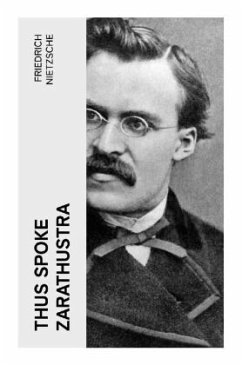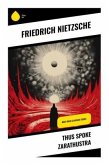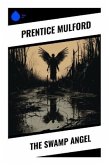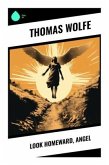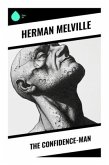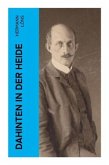In "Thus Spoke Zarathustra," Friedrich Nietzsche presents a profound philosophical narrative woven through the rhetorical and poetic voice of its titular character, Zarathustra, a prophet-like figure. The book is structured in four parts, blending parables, aphorisms, and dramatic monologues, encapsulating Nietzsche's multifaceted critique of morality, religion, and traditional values. Through Zarathustra's teachings on the Übermensch, eternal recurrence, and the will to power, the work emerges as a hallmark of existentialist thought, challenging readers to transcend conventional morality and embrace individualism amidst an often chaotic and indifferent world. Friedrich Nietzsche, a seminal figure in Western philosophy, was deeply influenced by his academic background in classical philology and his engagement with contemporary philosophical discourse. The writing of this book comes at a time when Nietzsche sought to express his radical ideas following personal crises and disillusionments with societal norms. His unique approach combines philosophical rigor with literary artistry, intending to provoke deep introspection and challenge prevailing beliefs about truth, God, and morality. "Thus Spoke Zarathustra" is highly recommended for readers eager to delve into philosophical explorations that confront essential questions of existence and self-realization. Nietzsche's eloquent prose invites readers on a transformative journey, offering timeless insights that continue to resonate in contemporary discussions of identity, morality, and the human condition.
Bitte wählen Sie Ihr Anliegen aus.
Rechnungen
Retourenschein anfordern
Bestellstatus
Storno

